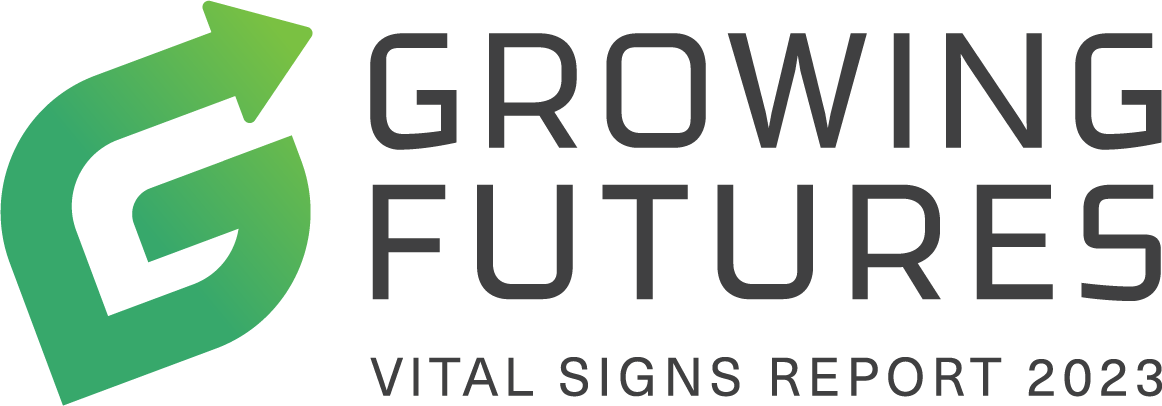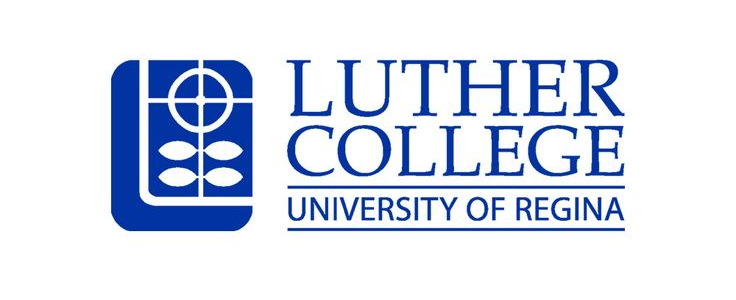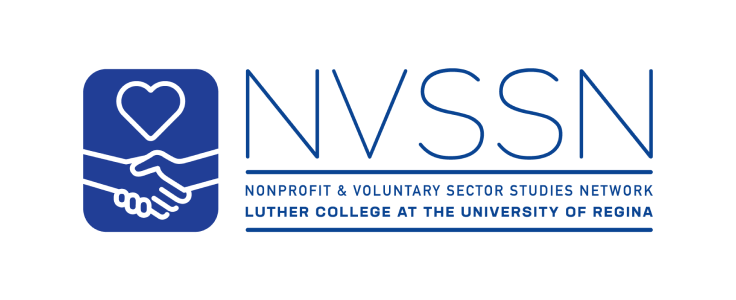Regina's Non-Profit Voices:
Collaborating With the City
The Community Foundation and the Non-profit and Voluntary Sector Studies Network at Luther College at the University of Regina (NVSSN) hosted a facilitated roundtable conversation on March 6, 2025. This took place among Regina non-profit representatives and the City of Regina’s mayor, council, and administrative staff. Participants aimed to collaborate on innovative solutions to enhance their collective impact on community needs. The following key takeaways are based on a summary of the findings from this conversation.
How the City and Non-profit Sector Can Work Better Together
Creating a Roadmap for Coordination
Create a road map for services and provide shared spaces for collaboration. The City can act as a systems navigator to help non-profits work better together.
Developing Centralized Community Hubs
Establish multi-service centres to help non-profits be more efficient while reducing costs.
Holding Frequent Transparent Meetings
Frequent meetings between the City and non-profits can build relationships and trust. This will help to address challenges, together.
Building Relationships
Teamwork and trust lead to success. Advisory groups can help address challenges.
Exploring Out-of-the-Box Funding Ideas
Look into new funding models. Some ideas include pooled funding and partnerships with private businesses.
Ways to Address Funding and Policy Challenges
Funding Core Operations
Providing support for administrative needs will help with long-term success
Allowing for Flexible and Reliable Funding
Multi-year funding without restrictions helps create bigger impact.
Adopting Easier Processes
Making grant applications and reports simpler will lower administrative work for non-profits. Consider allowing for oral or storytelling applications. Take an equitable approach.
Enhancing Non-profit Sector Capacity
Enhancing Space and Staffing
Many non-profits struggle with small or outdated space in need of repair. They also have under-resourced staff. There is a need for better facilities and operational support.
Increasing Volunteerism
There is a need for more volunteers. This needs attention from both the City and non-profits to help promote volunteerism
Building Capacity
The City can provide more resources to help build the capacity of non-profits. This can include training programs and help retaining staff.
Supporting Early Intervention and Prevention
Providing the funding and resources needed for early intervention and prevention. This can reduce long-term costs and increase return on investment.
Creating a Resource Hub
Make a publicly available resource hub to share important tools and information for non-profits.
Increasing Advocacy and Public Awareness
Understanding the Value of Investment
Help the community understand the value of investing in non-profits. Communicate the long-term impact and return on investment to the public.
Increasing Public Education and Pride
Help the public understand how the non-profit sector makes a positive impact. Share stories in partnership with other organizations.
Advocating for Private Sector Support
The City should help non-profits get more support from the private sector. Help grow buy-in from the public to increase investment in non-profits.
Sharing Data and Collective Storytelling
Non-profits collect useful data but do not have a way to broadly share it. Facilitating the pooling and sharing of data will help tell a story of community impact.
About the Non-profit Voices Findings
The Purpose of the Roundtable
On March 6, 2025, the Community Foundation and the Non-profit and Voluntary Sector Studies Network at Luther College at the University of Regina (NVSSN) hosted a facilitated roundtable conversation. This took place among Regina non-profit representatives and the City of Regina’s mayor, council, and administrative staff. This meeting was a follow-up to the September 17, 2024 conversation titled ‘Regina’s Non-profit Voices: Addressing Funding Gaps’ where the need was identified for government agencies and non-profit organizations to work more collaboratively regarding funding and policy making decisions.
Participants were asked to answer the following three questions in a collaborative manner:
1. How can we (the City and the non-profit sector) work together to better address the challenges we share in the community?
2. What specific policies or funding options could better support our non-profit sector?
3. This roundtable is a good start but how can we make sure we (the City and the non-profit sector) continue to work together?
Who Was Included in the Conversation:
The following 28 organizations were represented in-person at the March 6, 2025 facilitated roundtable conversation:
- AIDS Program South Saskatchewan
- Astonished!
- Big Brothers Big Sisters of Regina & Area
- Canadian Mental Health Association — Saskatchewan Branch
- The Caring Place
- Carmichael Outreach
- The Circle Project
- City of Regina
- CNIB Foundation (Canadian National Institute for the Blind)
- EnviroCollective Network
- Family Service Regina
- Luther College
- Nature Saskatchewan
- North Central Family Centre
- OSI-CAN Saskatchewan
- Phoenix Residential Society
- Rainbow Youth Centre
- REACH Regina
- Regina Food for Learning
- Regina Sexual Assault Centre
- Regina Transition House
- Regina Work Prep Centre
- Salthaven West Wildlife Rehabilitation & Education Centre
- Saskatchewan Health Authority
- South Saskatchewan Community Foundation
- South Saskatchewan Independent Living Centre
- St. John Ambulance Regina
- Street Culture Project


